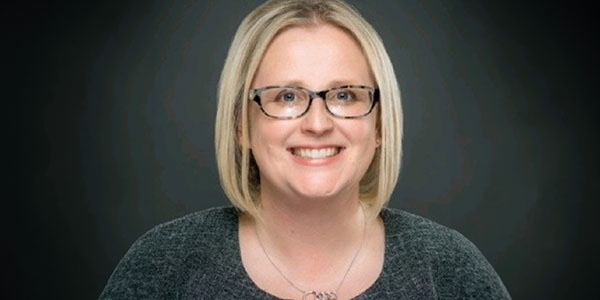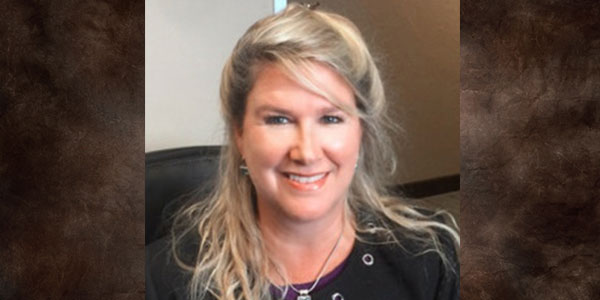Your time is precious. The overhead roller in the tunnel is going bad, your payment processor is costing an arm and a leg, you need to improve advertising and your niece says she needs a job. Yet, here you are reading this article about accounting. Let’s make it worth it.
You need to ask your accountant better questions. You probably don’t enjoy your accountant, but these questions will drive value into your conversations. These are the questions you need to ask yourself and items to consider with your accountant:
• What are my books trying to tell me?
• If my P&L shows I made $200,000, why do I not see it in the bank account?
• Why should I care?
• What is in it for me?
Good books are timely, organized, well recorded, and understood by the business owner and bookkeeper. You can draw information from them. The profit and loss is a real reflection of the past and can be used to predict the future of your business. If that is not reason enough, this is how you know if you are winning. If winning is important to you, read on.
Bad books have multiple accounts that mean the same thing, such as marketing and advertising. Bad books do not give the business owner a tool, they give them a headache. Bad books have invoices and checks that are not matched, and artificially inflate the income. Bad books are not questioned. Bad books are not understood and are avoided for the pain they are. Business owners with bad books are forced to run the business based off the cash balance in the checking account.
Business owners want to understand their businesses more than anything. They want to understand their customers, anticipate needs and find ways to put a smile on their customers’ faces. They do not want to talk about taxes or accounting. An accountant is sometimes like a dentist. No one wants to think about going to the dentist. The dentist tells you to floss more, brush better and often reveals to you that your neglect has allowed something bad to happen to your teeth.
Likewise with accountants, neglect festers in the books and bad habits force a lasting, and often expensive, lesson to learn.
Why care about your books?
It is not a mystery why many business owners do not understand their books. Accounting is not a riveting subject unless there are stakes. If the books indicate who owes or who owns or who pays, then the books are of great consequence.
It is often not enough to arrive at the junction when you are ready to buy a partner out or be bought out. There will be a clear need for accurate books to determine basis or equity as well as which deposits into the business were loans or paid in capital. These may be foreign terms now, but when the time comes, you will want to know these concepts and what numbers apply to you. If the books aren’t ready now, plan on paying a big premium to get that information clearly displayed when you really need it.
It is not enough that the books keep you honest and let you plan for the future. The books inspire you to do better this month. Maintaining clean accounting on a regular basis helps you track trends, cashflow, catch errors in sales tax or inventory. All of this accumulates into a business that can take great care of you and your family. The accountant acts as an accountability partner. The books measure your income tax, sales tax and payroll tax. That is a lot of tax to measure at any given time.
When we are forced to consider the repercussion of taxes on many elements of our business — or the people who occupy our payroll — or consider a sizable purchase, we will want the best information available to us. If accounting for your business is neglected, you may find out too late that you do not have sufficient funds or cashflow. This would be an avoidable disaster. Regular consultation with your accountant will keep your feet on the ground and encourage continual growth … depending on the accountant.
What is in it for you?
What is in it for you is money, sustained growth, and confidence that your business decisions are both tangible and intangible benefits to regular accounting and check-ins with your accountant.
Bonus round: Examining your books regularly helps overcome inherent biases. Many business owners believe their
business is operating at a margin of profit of X, or believe they know how much debt they have. When the owner is confronted with the truth multiple times, the bias begins to fade.
Review the books each month; look for differences. Can you explain them? If not, review the record and find answers or at least ask questions.
Often, accountants will prepare statements for business owners month after month without any dialogue or questioning.
I suggest that you use the skillset you are paying your
accountant for. They have honed a skillset for finding answers in numbers. Rely on that expertise. If that is too daunting, once you receive your statements, ask the accountant if there are any changes or trends you should pay attention to.
Your accountant should not expect you to know everything about your books but being curious will help. Ask your accountant to help you select just five accounts to review each month. You are welcome to prepare your own list. As a suggestion, income, COGS, payroll, cash balance and outstanding liabilities are good areas to focus on. Try this for three months and see what you learn.
Conclusion
Businesses are won and lost in the gap between “good books” and “bad books.” They are the difference between expanding, surviving or closing. If your books aren’t structured in such a way to simply translate the story your business is trying to tell, you are fighting the battle of growing your business with both hands tied behind your back. If your books aren’t timely and accurate, I can almost guarantee you are paying too much in taxes and supplies, and too little on your accountant. You have a bookkeeper when you need an accountant, or better yet, an advisor. From a business owner perspective, clean books are your ticket to easier tax filings, better controls and more understanding. On a regular
basis, you should be asking for details from your accountant. If the accountant is not giving you suitable answers and insight into your query, it may be time to ask to change the arrangement with your accountant or change accountants.
Remember that it is common for businesses to spend approximately 3% to 4% of their income on accounting. This stems from the volume and nature of deposits and expenses and slides up as revenue increases. You will want an accountant that is capable of offering education, an opinion, a counter opinion and lastly an accountant that will give you actionable information. All of this stems from the appropriate starting point of having well-maintained accounting books.
If you can’t answer the questions at the beginning of the article, it might be time to look for an advisor instead of simply a bookkeeper.
Red Rock Tax and Consulting Group was started due to the pains and frustrations felt by our founder and his family when they were operating their carwashes and automotive service centers throughout the Intermountain West. We advise new methods on tax filings, deductions, credits, entity structure, changes in accounting practices, compensation models and even how frequently you talk to your advisor. Your goals are paramount to our interactions. Reach out and together we’ll explore your path forward. For more information, call 435-635-2494 or visit www.redrocktax.com.














